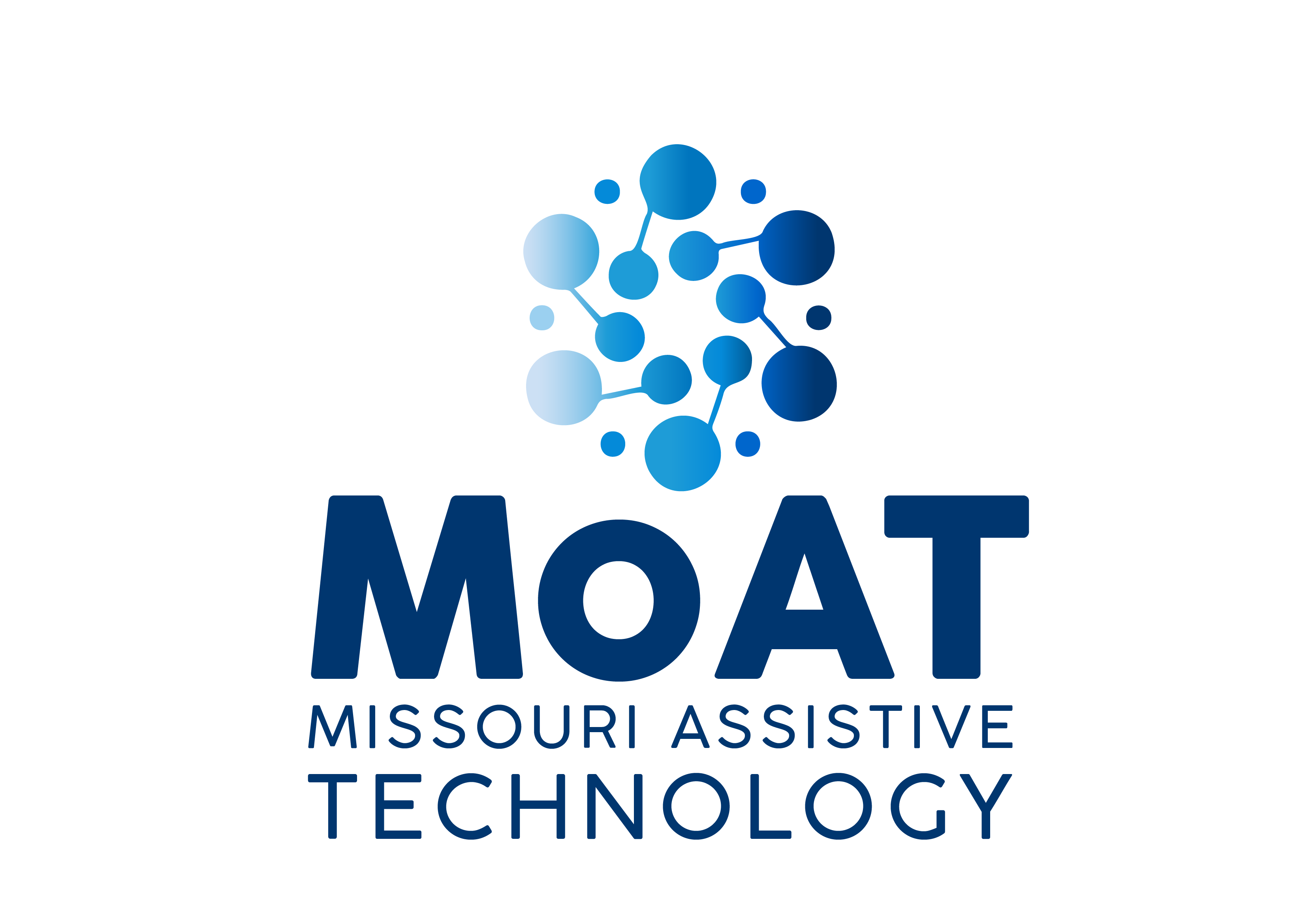Power Up AT conference and expo
The IDEA requires all students with disabilities be provided with assistive technology devices and services needed for a free, appropriate public education (FAPE). Under IDEA 2004 and associated regulations, the range of devices considered to be “assistive technology devices” does NOT include “a medical device that is surgically implanted”. In addition, related services do not include the optimization of an implanted device’s functioning (e.g. cochlear implant mapping), maintenance of an implanted device, or the replacement of an implanted device.
The Supreme Court decision in Cedar Rapids Community School District v. Garret F. clearly describes a “bright line” approach to determination of those services that are excluded from school responsibility as medical. That bright line test is whether or not a physician is required to deliver the service. Current IDEA regulatory language provides further determination factors by dividing related services into two types:
For related services necessary to maintain the health and safety of a child while at school, the Cedar Rapids bright line physician test applies. If a non-physician can deliver the service, it is an IDEA related service. If the service can only be delivered by a licensed physician, it is not school responsibility.
For related services needed for educational or developmental purposes, schools are not responsible if “an individual with specialized technical expertise beyond that typically available from school personnel” is required. Thus in the instance of cochlear implant mapping, a specially trained audiologist is utilized to provide this service and such personnel is not typically available within a school setting. As a result, cochlear implant mapping is not an IDEA related service.
The regulations do not provide any examples other than mapping of related services that might be excluded because the service must be provided by an individual with specialized technical expertise beyond that typically available from school personnel. Would expertise in programming augmentative and alternative communication systems be beyond typical school personnel expertise? This issue will likely need further clarification in the future.
For more information contact: Missouri Assistive Technology

